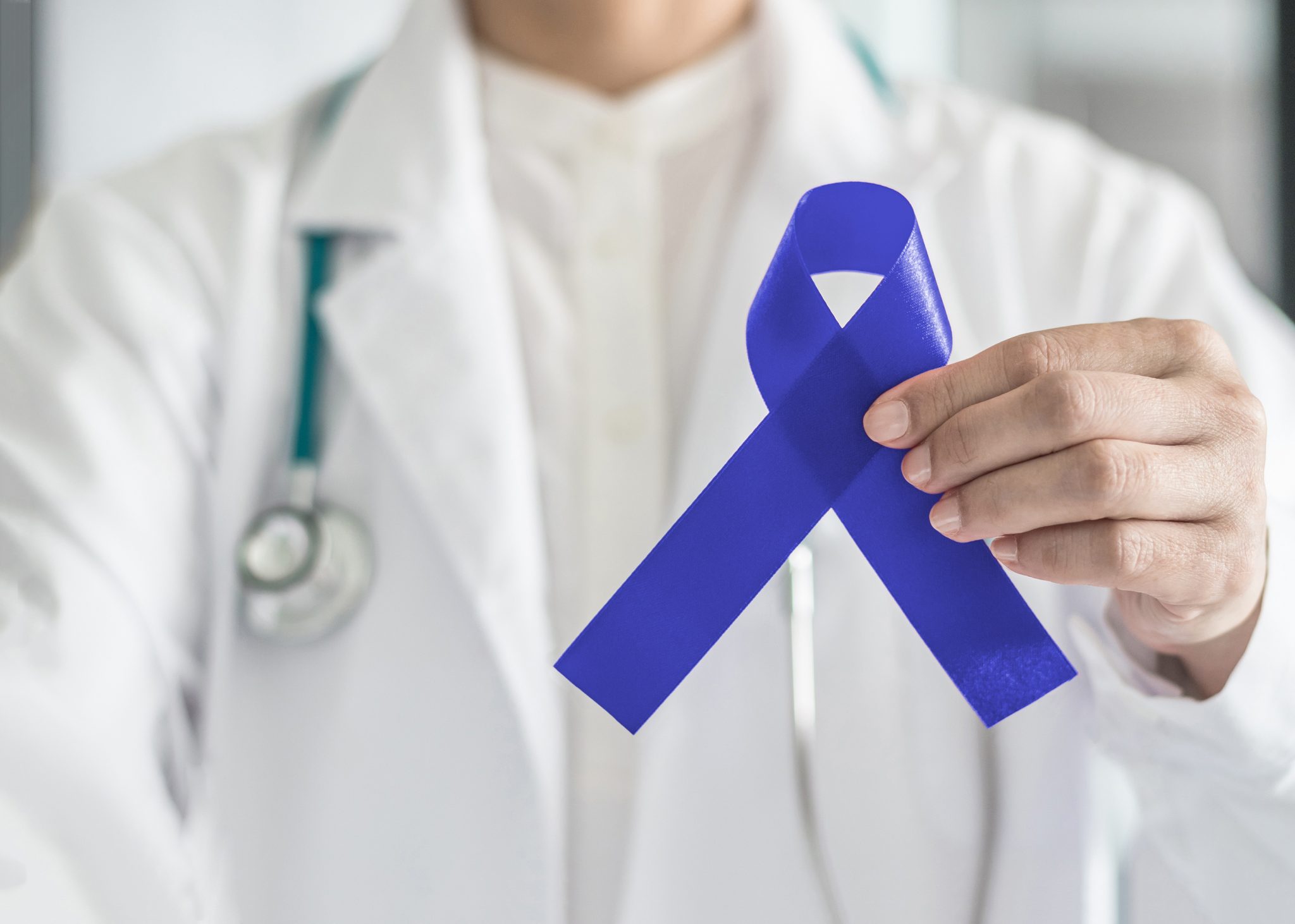All About Bile Duct Cancers
FEB 27, 2024Bile duct cancers are a very diverse group of gastrointestinal cancers that originate from the bile duct system that is contained both within and outside the liver.
Read More
Call it necessary but not quite essential. Your gallbladder is a small organ that’s tucked behind your liver. Its job is to store the fat-digesting bile produced by the liver. What makes it unique is that it’s one of few organs that can be removed without major consequence.
Normally, when you eat, bile from the gallbladder goes into your small intestine where it helps digest fats. When that happens, the gallbladder changes shape – from the size of a small pear before you eat to flat and empty after a meal.
Most people never have a problem with their gallbladder, but some can develop gallstones that occur when bile crystallizes. These can be harmless, but they can also cause pain, nausea or inflammation. A gallstone can also block a pancreas duct, a serious condition which causes inflammation. An infection can also occur that requires the gallbladder to be removed more urgently. In rare cases, gallbladder cancer can necessitate removal.
Surgery to remove the gallbladder is called a cholecystectomy. It’s typically done laparoscopically with four small incisions, a tiny video camera and special tools to remove the organ. Rarely, a large incision is needed for what’s called an open cholecystectomy. Patients generally recover in a few days or less for a laparoscopic procedure, and a week or more for an open procedure.
Once the gallbladder is removed, the liver adjusts by releasing bile directly into the small intestine. Digestion generally continues as normal. Sometimes fatty, greasy or high-fiber foods can be more difficult to digest and cause diarrhea, gas or bloating. In those cases, some diet changes can ease digestion.
For additional questions, reach out to a CHI Health Provider today.

Bile duct cancers are a very diverse group of gastrointestinal cancers that originate from the bile duct system that is contained both within and outside the liver.
Read More
Acid reflux is caused when the sphincter between the esophagus and stomach relaxes inappropriately, allowing food to go backwards.
Read More
Want some good news about colorectal cancer? The death rate has been dropping for men and women over the last ...
Read MoreWhen you need local health information from a trusted source, turn to the CHI Health Better You eNewsletter.